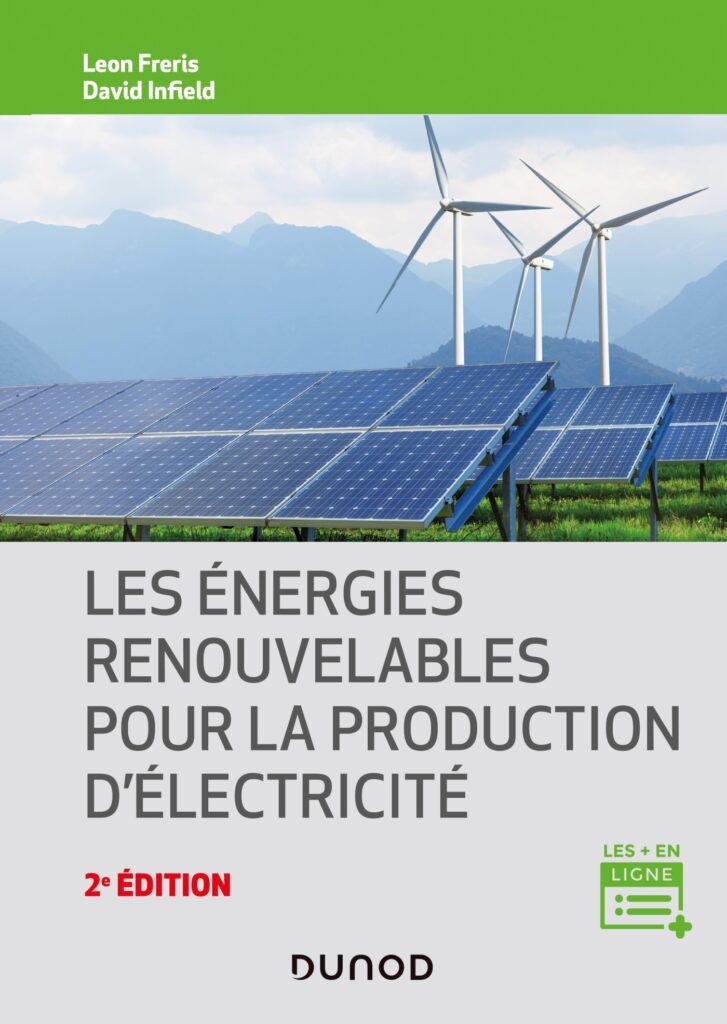In a world undergoing an energy transition, renewable energy companies sometimes face local obstacles that hinder their ambition to sell their innovative products. Despite local bans, it is crucial to explore solutions to enable these companies to thrive and contribute to the fight against climate change.
Understanding the underlying tensions

For renewable energy companies to overcome local bans, it is essential to understand the fundamental tensions underlying these restrictions. On one hand, there is the climate imperative: the need for urgent action to avoid the worst effects of global warming. Governments, businesses, and communities are all racing against time to accelerate this transition.
On the other hand, there is a tension related to the motivation of traditional fossil fuel actors to embrace the energy transition. Some, like BP, are genuinely investing in renewable energies, while others, like ExxonMobil, are more reluctant.
Developing effective policy strategies
Renewable energy companies must develop effective policy strategies to navigate this complex landscape. Polluters, for instance, have long perfected their political skills, particularly since the release of Powell’s memo in 1971, which highlighted the importance of long-term strategies to achieve their goals.
Renewable energy companies must ensure that local authorities can make favorable decisions by providing them with adequate political support. It is vital to make the choice in favor of renewable energies not only correct but also politically safe.
Manipulating communication and emotion
To convince communities and local decision-makers, it is necessary to understand that humans are not solely rational. Emotions play a crucial role in decision-making. Rather than responding to opponents with technical sheets and facts, companies should take the initiative by using emotional and values-based language that resonates with the public.
It is essential to use culturally credible messengers to deliver these messages and establish an emotional connection from the outset.
Investing in political solutions
Renewable energy companies must recognize that they are engaged in a multi-jurisdictional political struggle and invest accordingly. This is not merely a public relations or marketing battle; it is a succession of small-scale political campaigns across the country.
To overcome local bans, it is crucial to allocate resources suited to this political reality. Companies must revise their approach to better align their efforts with the political challenges they face.
#ÉnergiesRenouvelables | Les projets d'énergie renouvelable ont été largement favorisés en 2023, avec 97 % des investissements dans la production d'électricité.
— Banque mondiale AFR (@BM_Afrique) June 17, 2024
En savoir plus ⤵️https://t.co/X4FVwlTPq2 pic.twitter.com/bvDJRthu9c
Collaborating with good-faith actors
It is also important to leave room for fossil fuel companies that are open to transition. Providing a viable path for these companies to participate in this transition, without opting for greenwashing or insincere initiatives, can facilitate significant change.
We need to create options for these companies, other than bankruptcy, by allowing them to genuinely reduce their carbon emissions. This could accelerate the transition more effectively than stringent global policies.
Adapting campaigns to a local scale
For success, each political campaign must be tailored to local issues. Renewable companies must ensure they thoroughly understand local contexts and the specific political dynamics of each region.
Whether in lobbying or on-the-ground communication, it is crucial to take local particularities into account to ensure that messages are transmitted and favorable decisions are made.
By following these guidelines, renewable energy companies can better navigate local bans and advance toward a more sustainable energy future.
Articles similaires
Thank you!
We will contact you soon.














